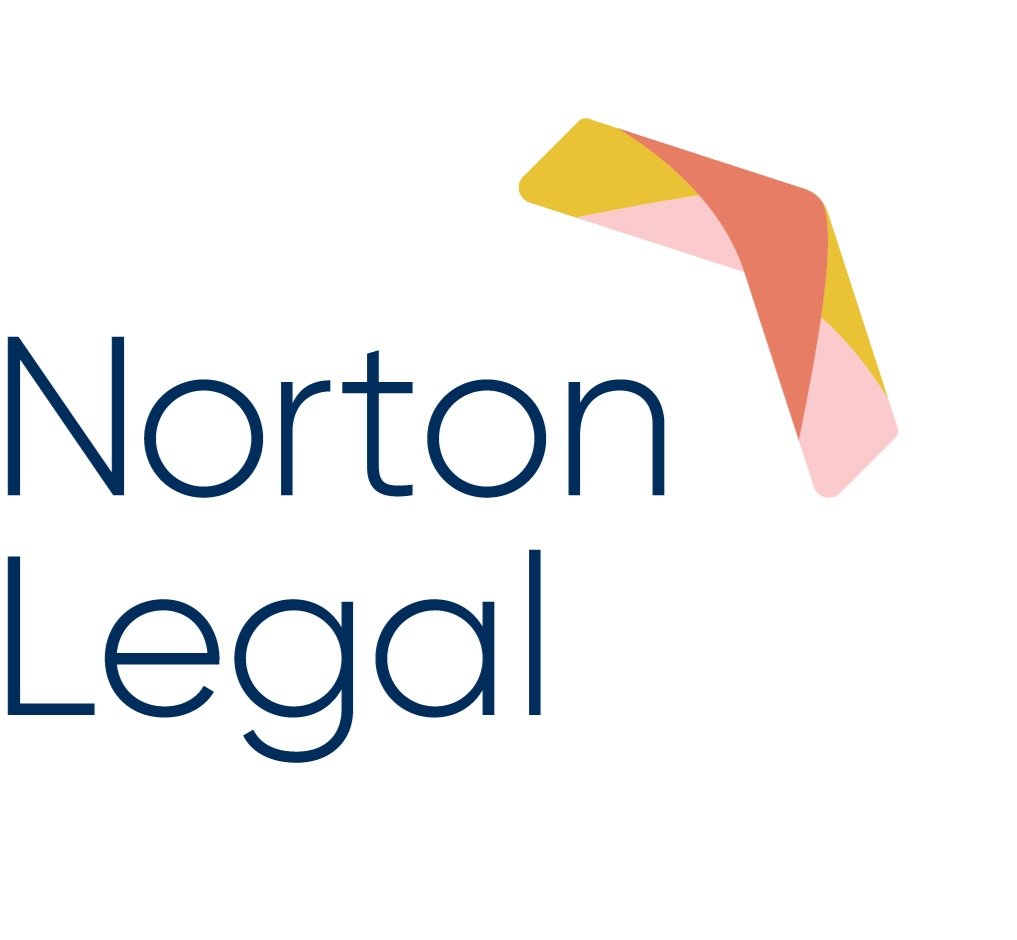Understanding Your Superannuation and Binding Death Benefit Nominations
In the realm of estate planning and superannuation, there is often confusion surrounding whether superannuation can be dealt with in your Will. This blog aims to clarify the matter and provide insights into the significance of Binding Death Benefit Nominations (BDBNs). Discover how you can have control over the distribution of your superannuation funds to your chosen nominees.
The Importance of BDBNs
What is a Binding Death Benefit Nomination?
A Binding Death Benefit Nomination (BDBN) is a legal instrument that enables you to direct the distribution of your superannuation death benefits. To be effective a BDBN must comply with your super fund's governing rules and the applicable superannuation laws.
Why are BDBNs Vital?
Without a valid BDBN in place, the decision on where to distribute your superannuation death benefits rests entirely with the super fund trustee. By having a BDBN, you gain certainty that your wishes will be followed after your demise.
Understanding the BDBN Process
How to Create a BDBN
Creating a BDBN involves signing a legally binding document and submitting it to your super fund. This document instructs the trustee on the beneficiaries you wish to receive your superannuation. If you have an industry or retail superannuation fund these forms will be available online. They can then be completed by you and will need to be witnessed by two people.
Validity Period of a BDBN
Once signed, a BDBN typically remains valid for three years. Updating the BDBN is simple; you can complete a new nomination form at any time.
Self-Managed Super Funds (SMSFs) and BDBNs
SMSFs have unique rules regarding BDBNs. Depending on the SMSF trust deed, a BDBN may have indefinite validity, bypassing the three-year rule. However, it is essential to check the trust deed requirements, as some SMSFs still require BDBNs to be renewed every three years.
Implications of an Expired BDBN
Expiry of BDBNs If a BDBN expires before your passing, the super fund trustee will not be bound by its terms when distributing your superannuation funds.
Eligible Beneficiaries for BDBNs
Who Can Be Nominated as Beneficiaries? The BDBN allows you to nominate specific beneficiaries, including:
Your current spouse
Your children
The executor of your Will
Any individual in an interdependent relationship with you, defined as someone providing or receiving financial support, domestic assistance, or personal care in a close personal relationship with you.
Nominations to executor
If you nominate your executor to be your superannuation death benefit beneficiary you need to be aware that there can be tax implications for your estate if the superannuation is paid to non-super dependants. Good estate planning can alleviate these issues and it is important to seek advice from an estate planning lawyer and financial advisor.
When to update a BDBN
Your BDBN should be updated on the breakdown of a relationship. If you have nominated your ex-partner and not updated your BDBN your trustee will pay your superannuation death benefit to them which is unlikely to be what you would want to have happen.
Having a clear understanding of BDBNs empowers you to secure your superannuation and ensure that your assets are distributed as per your wishes. Consider consulting with a financial advisor or estate planning expert to create a comprehensive plan that includes a BDBN, Will, Enduring Power of Attorney (Medical), and Enduring Power of Attorney (Financial). Act now to provide yourself and your loved ones with peace of mind for the future.
Contact Alison today for more information.
